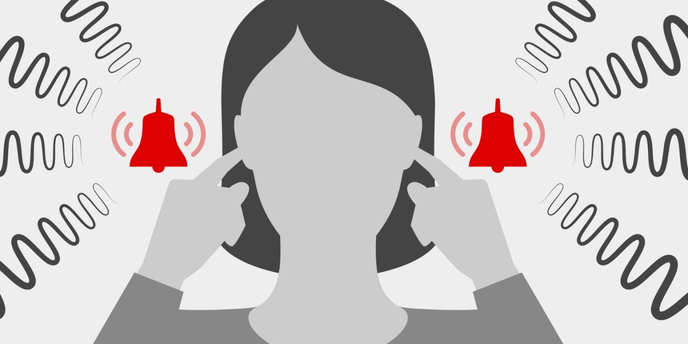Questionnaire for tinnitus diagnosis translated to Dutch
Tinnitus, or the well-known 'ringing in the ear'. It is a form of hearing damage where people hear sounds that are not there. The sounds can strike so violently that it becomes unbearable. “About ten to fifteen percent of the population suffers from tinnitus,” says Auke Klaver, chairman of the Tinnitus Free Foundation. Tinnitus can come in the form of rustling, beeping or whistling, high or low, loud or soft. No one can hear these sounds except themselves. Recently, one of the best-known instruments for diagnosing tinnitus has been translated and validated into Dutch, so that Dutch people can self-diagnose tinnitus as well.

The Tinnitus Functional Index
Because the source of the issue is in the brain and not in the ear, it is difficult to diagnose the condition. To assess the severity and impact of tinnitus, self-report questionnaires have been developed. This is a form of research in which the person being questioned completes the questionnaire themselves. The Tinnitus Functional Index (TFI) is one of the best-known questionnaires. The person in question is asked about the tolerance of tinnitus and the impact it has on their sleep, social life and mental health. This index has been translated into 20 languages and is used in more than 22 countries. However, there was not yet a Dutch variant.
From research to practice
Rianne Tromp collaborated via the Science Shop Medicine & Public Health on a study that translated the TFI into Dutch and validated it via a clinical population in the Netherlands. What turned out? The Dutch version of the TFI is a reliable tool for screening the impact of tinnitus in a clinical population. The properties are comparable to the original TFI and other approved tinnitus questionnaires. This means that the Dutch version of the TFI can be used in practice to diagnose tinnitus.
More news
-
15 September 2025
Successful visit to the UG by Rector of Institut Teknologi Bandung
